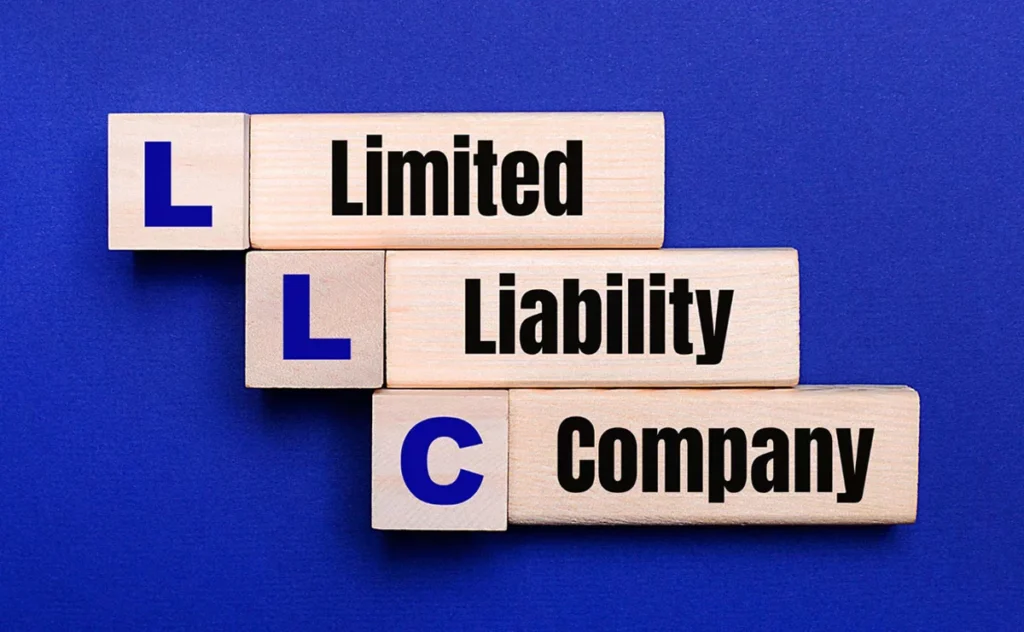When starting a business, one of the first decisions you’ll face is selecting the appropriate legal structure. Both Limited Liability Companies (LLCs) and corporations offer distinct advantages, but the right choice depends on your business goals, operations, and growth strategy. Starting an LLC is often a go-to for entrepreneurs due to its simplicity, but corporations might better suit businesses seeking scalability and investment opportunities. Let’s explore the key differences to help you decide.
Ownership and Management Structure
LLC: Ownership in an LLC is flexible. Members can manage the business themselves (member-managed) or appoint managers (manager-managed). This flexibility allows for tailored management structures based on the needs of the business.
Corporations: Corporations have a formal structure with shareholders, a board of directors, and officers. Shareholders own the company, while the board oversees major decisions, and officers handle daily operations. This structure suits larger organizations or those seeking a clear chain of command.
Liability Protection
Both LLCs and corporations provide liability protection, meaning owners are not personally responsible for business debts or lawsuits. This is a critical advantage over sole proprietorships and partnerships.
Taxation Differences
LLC: By default, LLCs are pass-through entities, meaning profits and losses are reported on the owner’s tax returns. This avoids double taxation. Additionally, LLCs can opt to be taxed as a corporation if advantageous.
Corporation: Corporations face double taxation: profits are taxed at the corporate level, and dividends are taxed on shareholders’ tax returns. However, S Corporations (a special type of corporation) allow for pass-through taxation, similar to an LLC.
Compliance and Formalities
LLC: LLCs require minimal formalities. Most states mandate filing annual reports and paying renewal fees, but LLCs do not need to hold annual meetings or maintain detailed minutes.
Corporation: Corporations have more stringent compliance requirements, including:
- Holding annual shareholder meetings.
- Maintaining records of meeting minutes.
- Adhering to bylaws.
These formalities can be burdensome for small businesses but are essential for maintaining transparency in larger organizations.
Fundraising and Investment
LLC: Raising funds for an LLC can be challenging. While members can bring in additional investors, the lack of publicly traded shares limits large-scale fundraising options.
Corporation: Corporations are better suited for attracting investors. They can issue stocks, which appeal to venture capitalists and institutional investors. Public corporations can raise substantial capital by selling shares on the stock market.
Scalability
LLC: While LLCs are flexible, they may not be the best choice for businesses planning rapid expansion. Some investors may prefer corporations due to their familiarity and defined structure.
Corporation: Corporations are designed for scalability. The ability to issue shares and the formal management structure makes them ideal for businesses with significant growth ambitions.
Administrative Costs
LLC: Forming and maintaining an LLC is typically less expensive than a corporation. Filing fees and annual costs are generally lower, making LLCs appealing to startups and small businesses.
Corporation: Corporations incur higher administrative costs due to their compliance requirements. These include legal fees for drafting bylaws, maintaining records, and meeting tax obligations.
Flexibility in Operations
LLC: LLCs offer unparalleled flexibility. Members can define operational and profit-sharing rules in the operating agreement, tailoring them to fit the business’s needs.
Corporation: Corporations have less operational flexibility due to rigid rules and the requirement to adhere to bylaws. However, this structure ensures consistency, which can be beneficial for larger organizations.
Conclusion
Deciding between an LLC and a corporation depends on your business’s unique needs. If you prioritize simplicity, flexibility, and tax efficiency, starting an LLC is likely the better choice. On the other hand, if scalability, investment opportunities, and formal structures are critical to your business model, a corporation might be the ideal fit. Carefully evaluate your goals to make an informed decision that aligns with your long-term vision.
FAQs
- Can an LLC be converted to a corporation later?
Yes, many states allow LLCs to convert to corporations as the business grows or changes. - Which structure is more tax-efficient?
LLCs are typically more tax-efficient for small businesses due to pass-through taxation. Corporations may be advantageous for large businesses with significant profits. - Can a single person form a corporation?
Yes, single-person corporations are possible and common, especially in the early stages of business. - Is it easier to dissolve an LLC or a corporation?
Dissolving an LLC is generally simpler and involves fewer legal and administrative steps than dissolving a corporation. - Are corporations required to distribute dividends?
No, corporations are not required to distribute dividends. Many reinvest profits into the business instead of paying dividends to shareholders.


More Stories
The Impact of Employment History on Housing Mortgage Loan Approval
Credit Loans for Medical Expenses: Managing Healthcare Costs
Smart Strategies for Building and Maintaining Financial Security